Intro — Is Windows 12 coming, and should you care?
Microsoft’s cycle of OS updates has folks asking whether it’s time to buy a laptop “Windows 12 ready.” As of now Microsoft has not published a formal, final Windows 12 specification, and details remain speculative — but industry coverage and expert discussion point to a near-term new Windows generation and higher hardware expectations. That means if you’re shopping for a new Windows laptop today, it’s smart to prioritize modern CPUs, plenty of RAM, and an SSD so your machine will remain useful and upgradeable.
HP Support Community+1
Why planning matters (security & long-term support)
Windows 10 reached End of Support in October 2025, which increases the urgency for many users to move to a supported platform in the next months or when a new OS becomes available. Staying on unsupported systems exposes you to security risks and compatibility issues with modern apps and services, so future-proofing your next laptop is practical — not just aspirational.
Tom's Hardware
Likely Windows 12 hardware expectations (what to prioritize)
Because many previews and analyst posts indicate the next Windows will emphasize AI features and smoother system-level experiences, expect official requirements to be higher than Windows 11’s. Based on early reporting and industry speculation, consider these baseline targets when buying:
- CPU: A modern multi-core processor (Intel 11th gen or newer / AMD Zen 2+ / recent ARM designs). Aim for 4+ cores for general use; 6+ cores if you run heavy workloads.
- RAM: Minimum 8 GB, 16 GB recommended for a smoother experience with AI features, multitasking, and future updates.
Proste IT - Storage: NVMe SSD (256 GB minimum; 512 GB or more preferred). SSDs dramatically speed updates and app response.
- TPM / Security: TPM 2.0 and UEFI boot are now standard for secure boot and enterprise compatibility.
- Neural processing (optional): Laptops with an NPU or accelerated AI hardware will offer faster on-device AI experiences — useful for Copilot-style features if Microsoft leans into local AI acceleration.
Proste IT
What “Windows 12 ready” really means
There are two senses to this phrase: (1) hardware that meets Microsoft’s official requirements when they publish them, and (2) a laptop vendor offering tested drivers and firmware updates that guarantee a smooth upgrade path. Big OEMs typically publish tested device lists for major Windows upgrades (Dell, HP, Lenovo pages for previous upgrades are examples). If an OEM states a model is supported or “tested” for the next Windows upgrade, that’s the safest route.
Dell
Best laptop categories depending on your needs
- Everyday users (web, office, media): Ultrabooks with 8–16 GB RAM and an SSD (e.g., Dell XPS series, Lenovo Yoga, Acer Swift).
- Power users / creators: 16–32 GB RAM, powerful CPU (6+ cores), discrete GPU if you render or edit video.
- Gamers: High-refresh displays, discrete GPU, 16+ GB RAM, NVMe SSD for fast load times.
- Business / enterprise: Look for TPM, long driver support, and vendor-tested upgrade notes.
(Top models change quickly — check latest reviews and vendor upgrade notices before purchase.)
Tom's Guide
How to check a laptop is future-proof before buying
- Confirm RAM & upgradeability: Can you add RAM later? Soldered RAM is common in thin laptops — avoid if future upgrades matter.
- SSD type & capacity: NVMe is preferred. Confirm slot availability if you want to add storage later.
- Driver & firmware support policy: OEM pages that promise multi-year support and BIOS updates are a plus.
Dell - Security features: TPM 2.0, Secure Boot, and enterprise firmware features.
- Check community and vendor forums: Early adopters often report real-world compatibility and driver quirks before official lists are posted.
reddit.com+1
Upgrade paths: Should you buy now or wait?
If your current PC is already slow, insecure, or unsupported (e.g., Windows 10 EOL), buying a modern Windows 11 machine now is sensible — Windows 11 machines will likely get upgrade paths (or will remain useful with security updates). If you want the absolute latest on-device AI and can afford it, wait for clearer official Windows 12 system requirements and vendor compatibility lists; but for most users, a powerful Windows 11 laptop with 16 GB RAM and NVMe storage is a safe long-term choice.
Windows Central+1
Final buying checklist (quick)
- 16 GB RAM if budget allows (8 GB minimum).
- NVMe SSD (512 GB recommended).
- Modern multi-core CPU (Intel/AMD recent generation or verified ARM).
- TPM 2.0 and UEFI.
- Vendor driver support / tested upgrade list.
Closing note — stay informed & check official sources
Because Microsoft’s final Windows 12 plans were not fully published at the time of this guide, always verify specifics on Microsoft’s official site and your laptop vendor’s support pages before purchase or upgrade. Checking official release notes and OEM tested-device lists will give you the most reliable guidance.

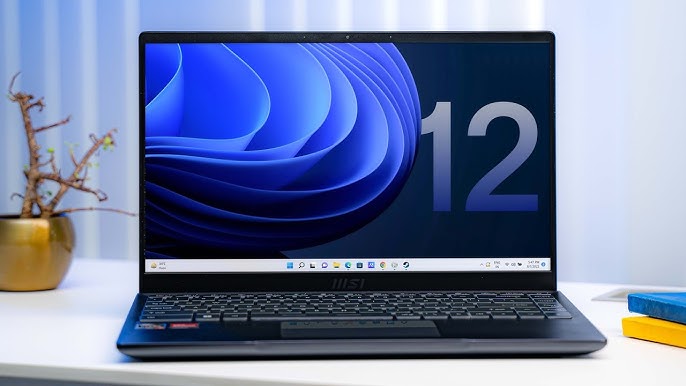
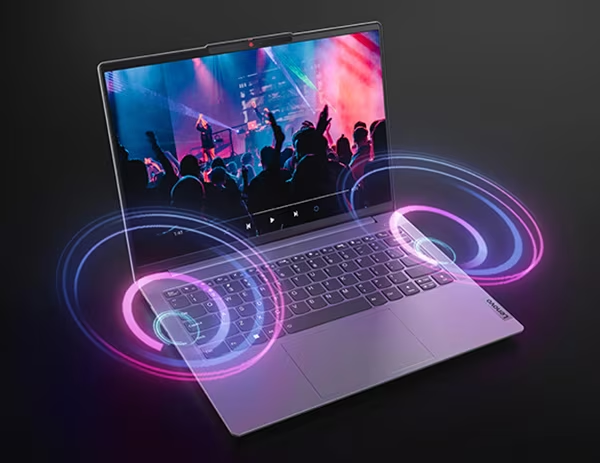
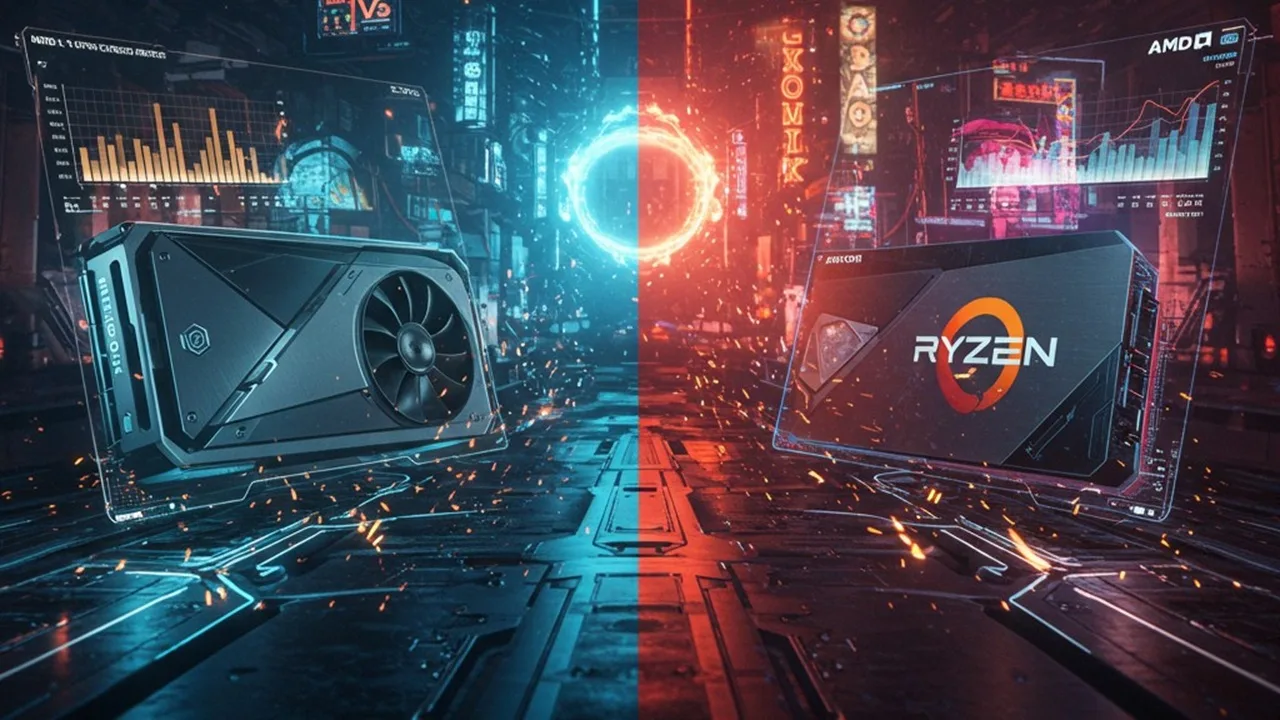
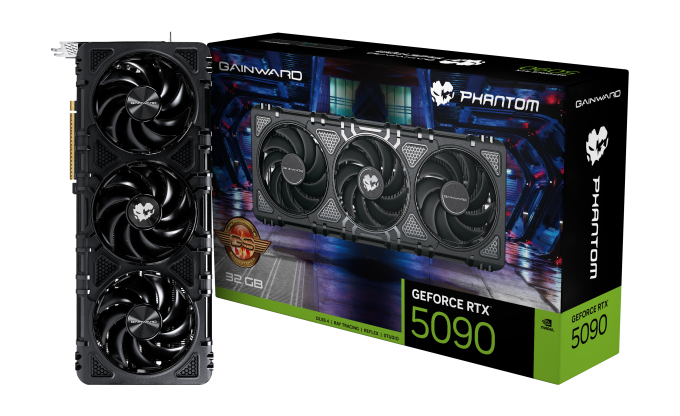
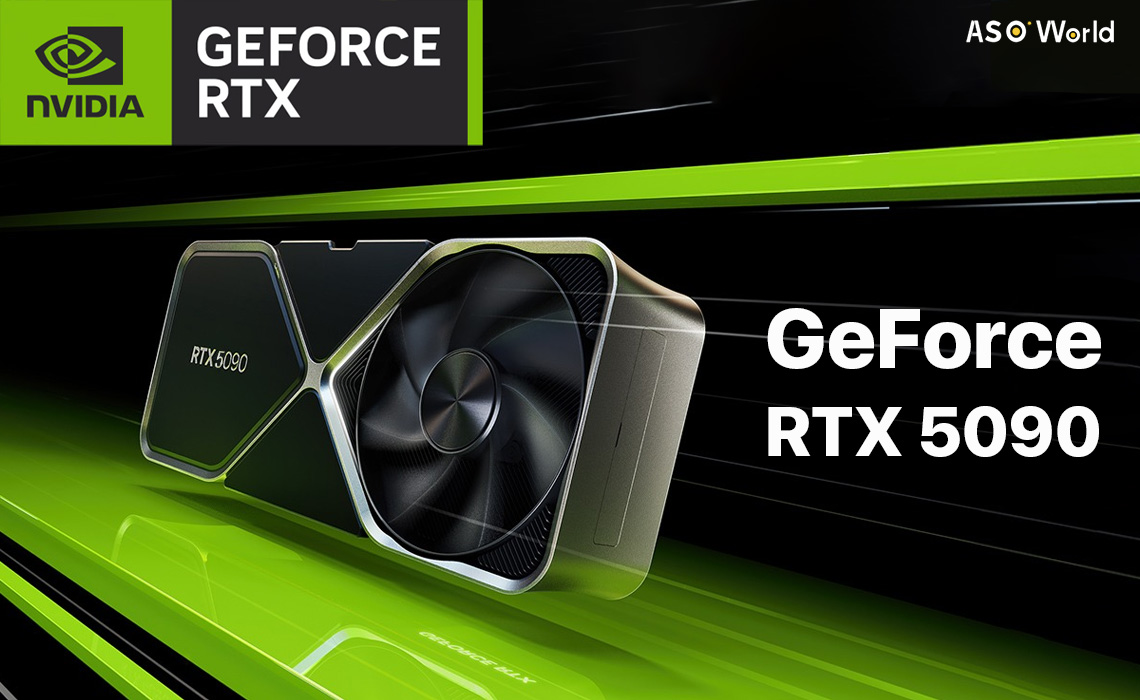
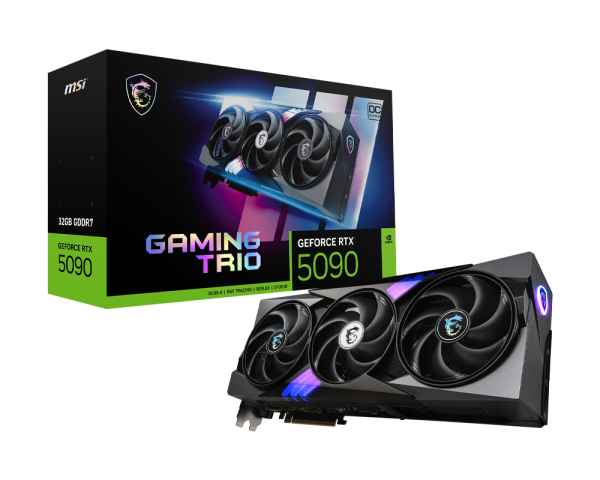
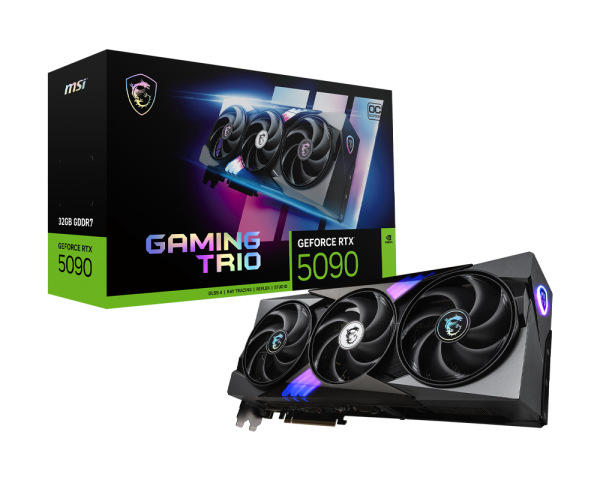

No comments yet. Be the first to comment!